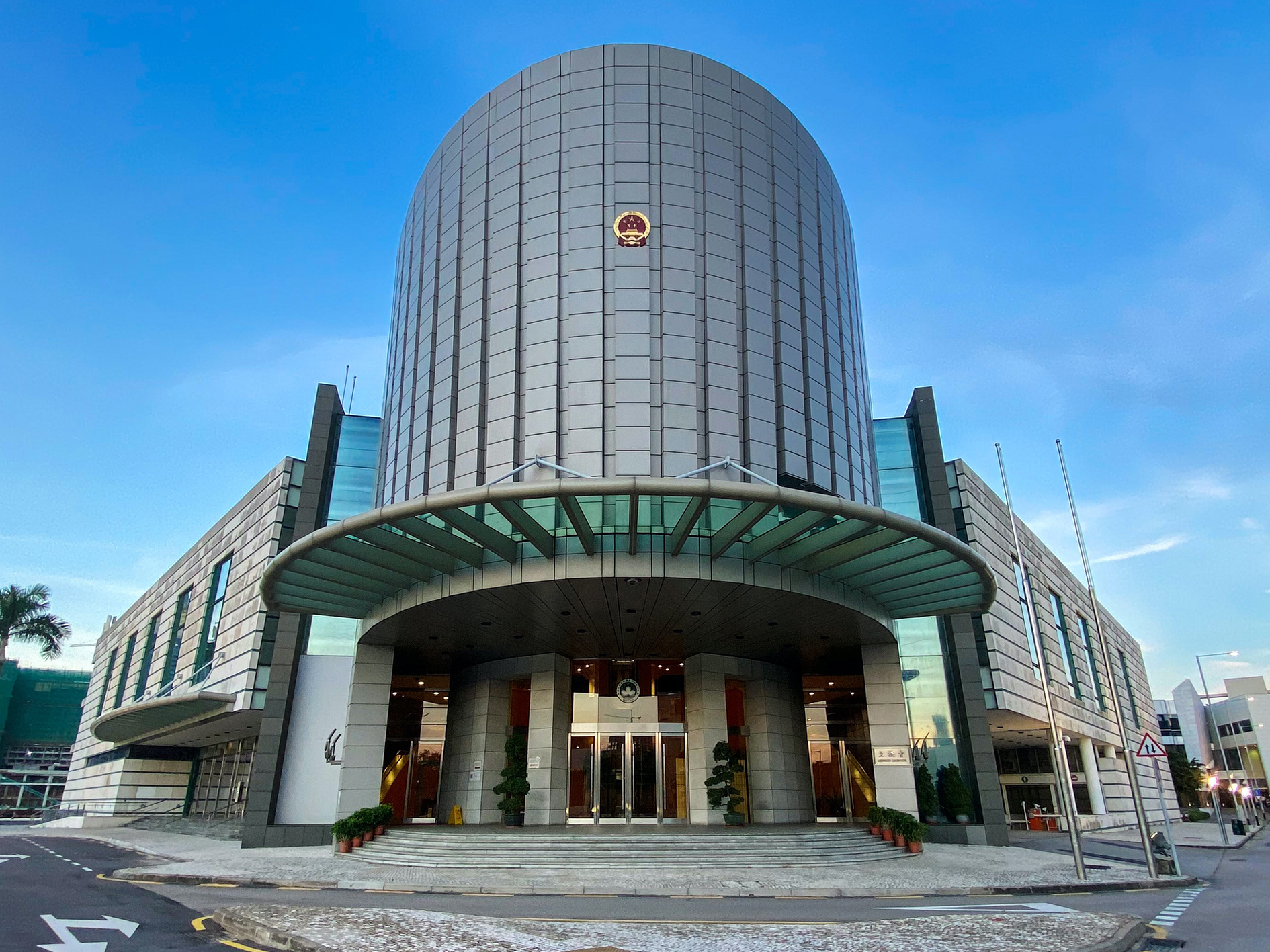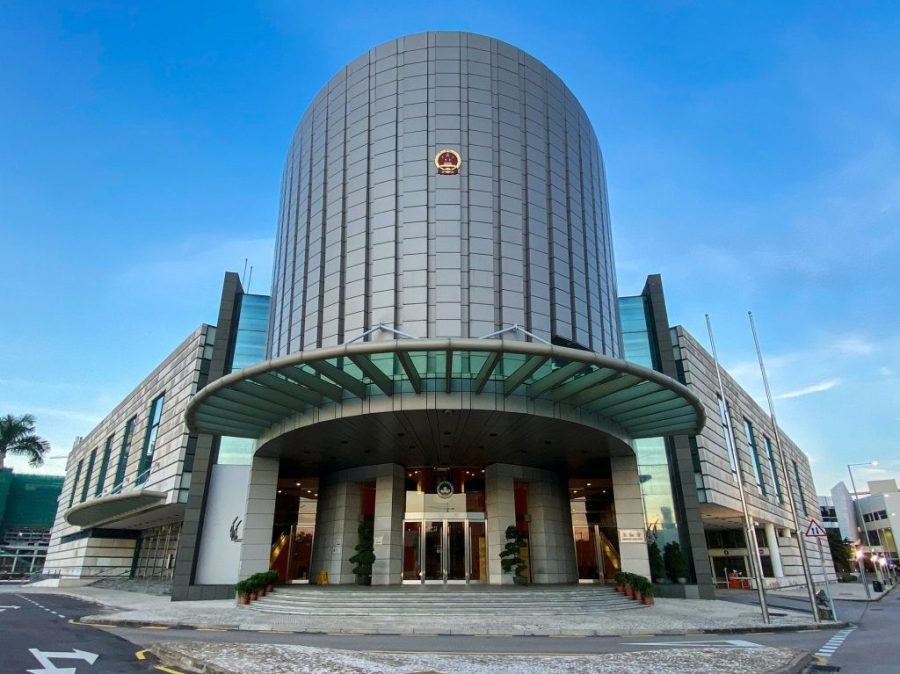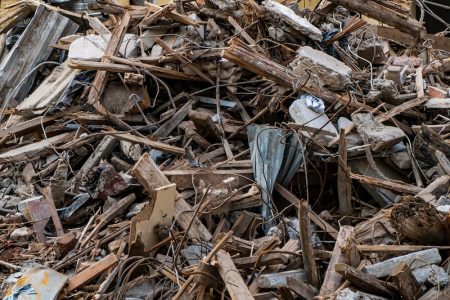Macao’s public enterprises are set to face a greater level of public scrutiny once a new law is fully approved by the Legislative Assembly (AL).
The legislature yesterday passed the outline of a government-initiated bill regulating the operation and supervision of the city’s public enterprises, which aims to ensure that their decision-making process will always be supervised by the government – which holds some or all of their shares – and also to ensure the rational use of the public coffers.
Secretary for Administration and Justice André Cheong Weng Chon introduced the bill during a plenary session in the legislature’s hemicycle yesterday.
The bill will later be passed to a standing committee of the legislature for an article-by-article debate and review, after which it will be resubmitted for its final debate and vote.
Cheong pointed out that Macao currently does not have a specific legal system regulating the operation of the city’s public enterprises. In addition, neither is there a specifically designated public entity tasked with overseeing their operation, Cheong noted.
Public enterprises, also known as publicly-funded companies, refer to firms in which the Macao Special Administrative Region (MSAR) government or any of its entities hold shares.
Cheong noted that the operation of the city’s public enterprises is currently only regulated by the Commercial Code, which applies to all types of companies in Macao.
Cheong noted that the government carried out a two-month public consultation late last year on the drafting of the bill. Cheong said that the government concluded that it was important to set up a legal system regulating the city’s public enterprises.
The bill proposes that public enterprises will comprise three types:
– those wholly owned by the government
– companies in which the government holds over 50 per cent but less than 100 per cent of the shares
– companies in which the government holds less than 50 per cent of the shares.
The bill also defines “subsidiary” as a company controlled by a public enterprise.
The bill proposes that public enterprises will be overseen by a public entity, which the bill does not name. Sónia Chan Hoi Fan, who heads the Macao Special Administrative Region Public Assets Supervision and Planning Office (GPSAP), said that the government has still not decided whether her office or another existing public entity would be tasked with overseeing the operation of the city’s public enterprises after the new law takes effect.
Some lawmakers also questioned whether the operation of subsidiaries run under public enterprises will be regulated and overseen by the government. Chan replied that such subsidiaries will not be totally unregulated, but their operation will still be regulated by their respective parent companies.
Chan emphasised that the purpose of the bill is to allow the government to manage public capital while allowing the respective public enterprises to manage their own operations, and that the government “is not meant to manage everything” in the public enterprises.
According to the GPSAP, there are currently 23 publicly-funded companies in Macao. The government holds over 50 per cent of the shares in 16 of them, The Macau Post Daily reported.






